Recommended
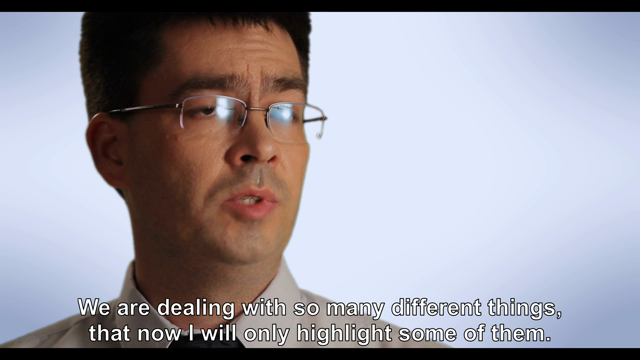
eLearning Department
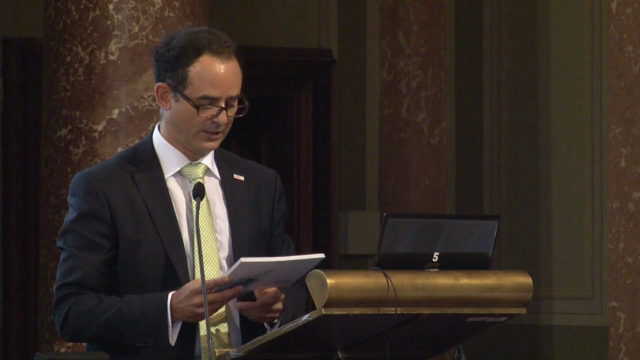
Javier González Pareja előadása

Computer Integrated Manufacturing Laboratory
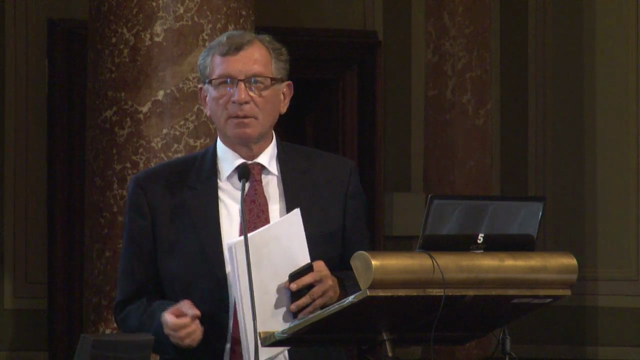
Lepsényi István előadása
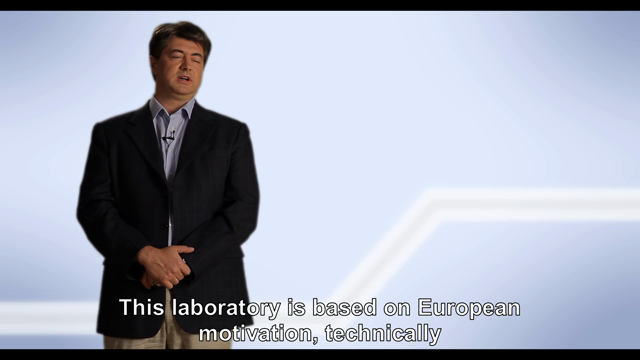
3D Internet-based Control and Communications
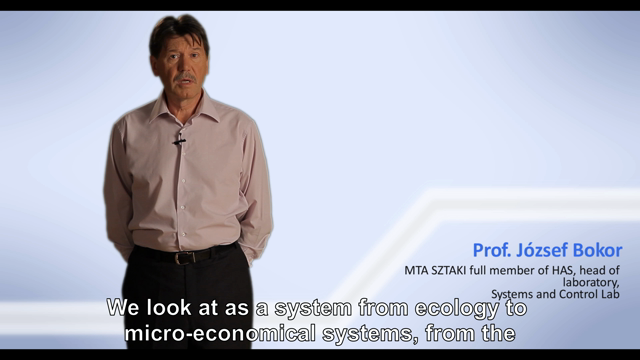
Systems and Control Lab

eLearning Department

Javier González Pareja előadása
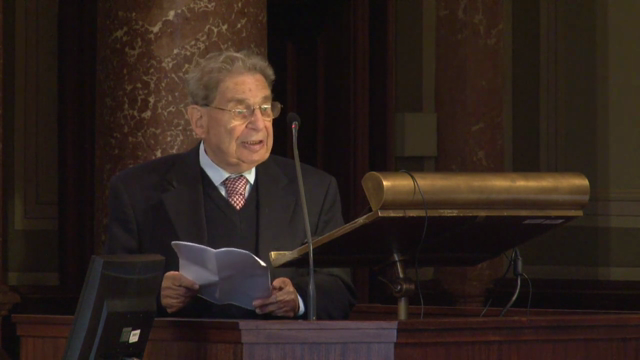
Vámos Tibor előadása

Computer Integrated Manufacturing Laboratory

Lepsényi István előadása
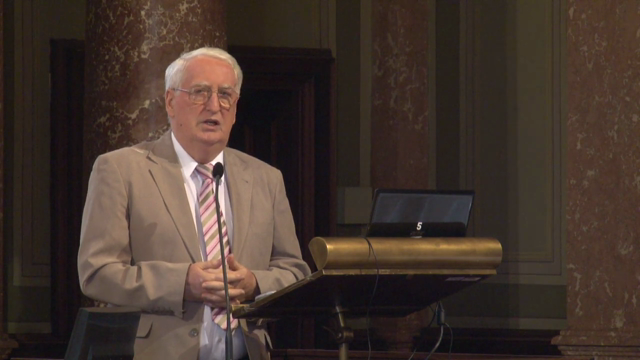
Keviczky László előadása

3D Internet-based Control and Communications

Systems and Control Lab
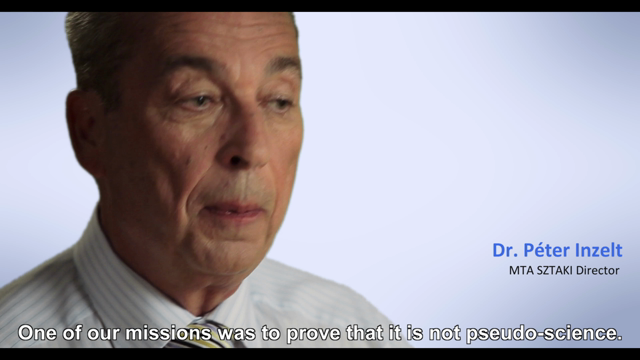
MTA SZTAKI
László Monostori 13 years ago 6:06

eLearning Department

Javier González Pareja előadása

Vámos Tibor előadása
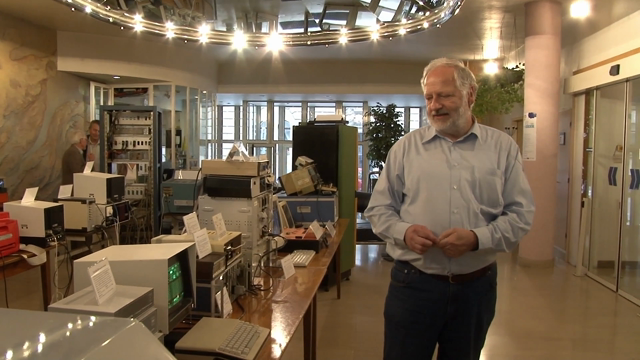
Informatikai múzeum

Computer Integrated Manufacturing Laboratory

Lepsényi István előadása

Keviczky László előadása
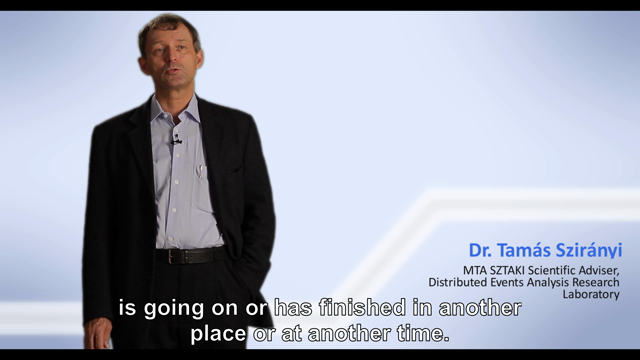
Distributed Events Analysis Research Laboratory

3D Internet-based Control and Communications

Systems and Control Lab

MTA SZTAKI
László Monostori 13 years ago 6:06
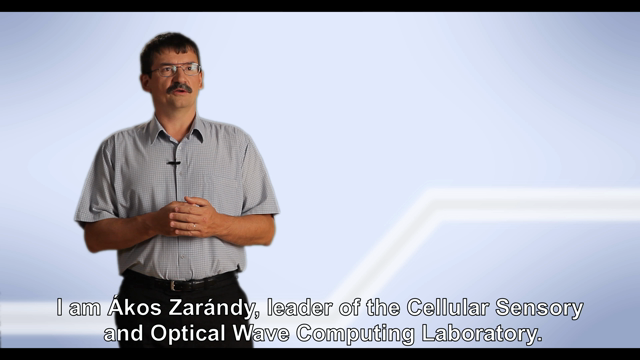
Cellular Sensory and Optical Wave Computing

eLearning Department

Javier González Pareja előadása

Vámos Tibor előadása

Informatikai múzeum
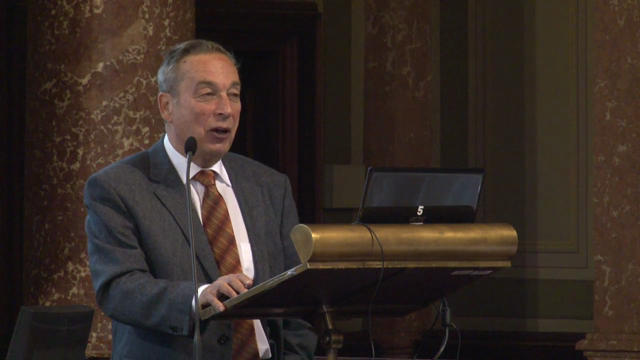
Inzelt Péter előadása

Computer Integrated Manufacturing Laboratory

Lepsényi István előadása

Keviczky László előadása

Distributed Events Analysis Research Laboratory
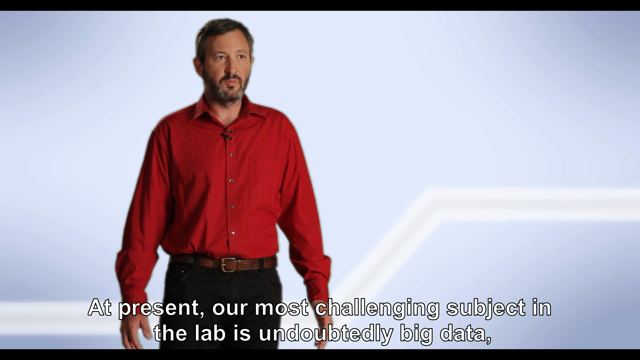
Informatics Laboratory

3D Internet-based Control and Communications

Systems and Control Lab

MTA SZTAKI
László Monostori 13 years ago 6:06

Cellular Sensory and Optical Wave Computing
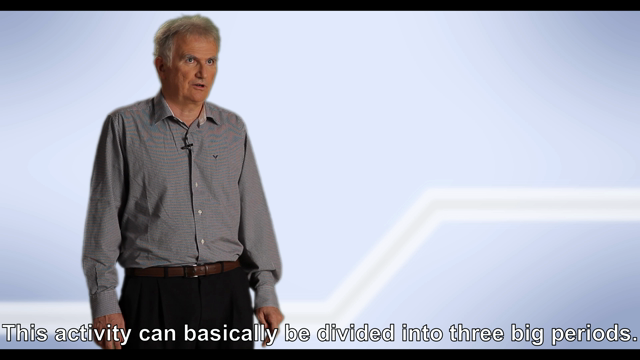
Internet Technologies and Applications Department,
Popular

Informatikai múzeum

Javier González Pareja előadása

Keviczky László előadása
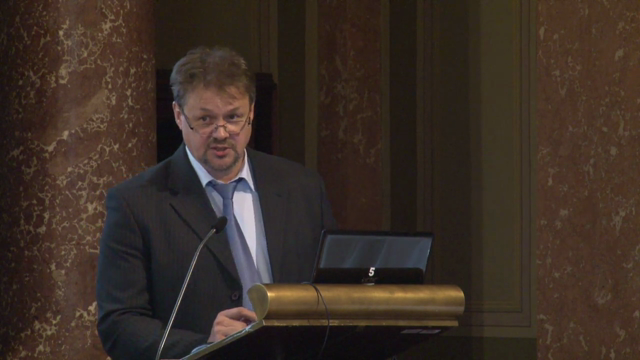
Pekárik Géza előadása

Cellular Sensory and Optical Wave Computing

Informatics Laboratory

Informatikai múzeum

Javier González Pareja előadása

Vámos Tibor előadása

Keviczky László előadása

Pekárik Géza előadása
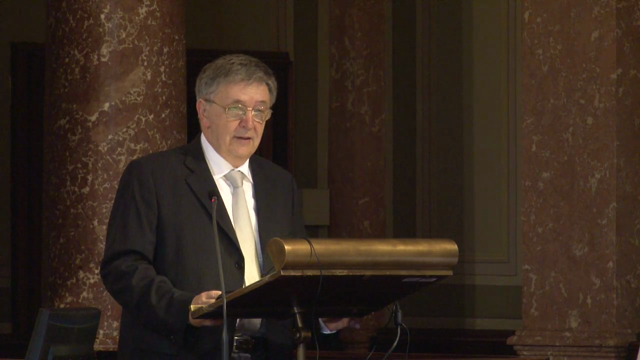
Lovász László előadása

Cellular Sensory and Optical Wave Computing

Informatics Laboratory

eLearning Department

Informatikai múzeum

Javier González Pareja előadása

Vámos Tibor előadása

Inzelt Péter előadása

Keviczky László előadása

Pekárik Géza előadása

Lovász László előadása
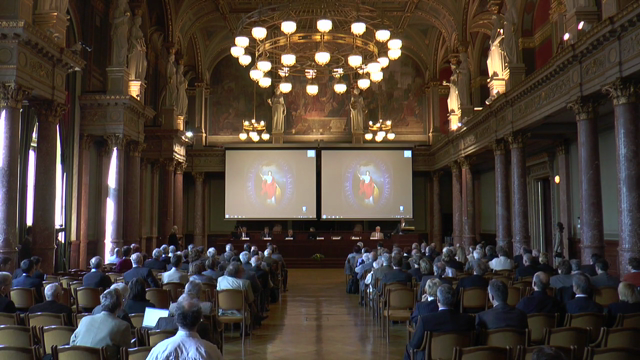
Megnyitó

Cellular Sensory and Optical Wave Computing

Informatics Laboratory

eLearning Department

Distributed Events Analysis Research Laboratory

Informatikai múzeum

Javier González Pareja előadása

Vámos Tibor előadása

Inzelt Péter előadása

Lepsényi István előadása

Keviczky László előadása

Pekárik Géza előadása

Lovász László előadása

Megnyitó

MTA SZTAKI
László Monostori 13 years ago 6:06

Cellular Sensory and Optical Wave Computing

Informatics Laboratory

eLearning Department

Distributed Events Analysis Research Laboratory
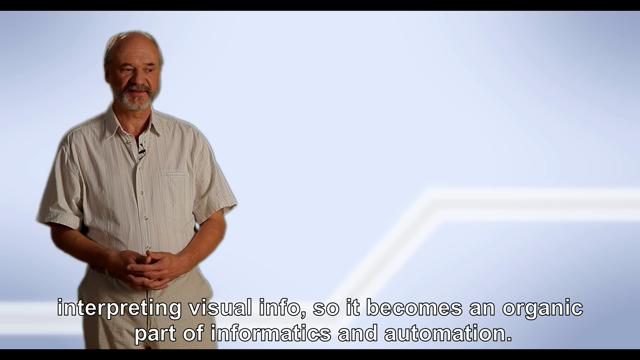
Geometric Modelling and Computer Vision Laboratory
Latest

Informatikai múzeum

Javier González Pareja előadása

Keviczky László előadása

Pekárik Géza előadása

Cellular Sensory and Optical Wave Computing

Informatics Laboratory

Informatikai múzeum

Javier González Pareja előadása

Vámos Tibor előadása

Keviczky László előadása

Pekárik Géza előadása

Lovász László előadása

Cellular Sensory and Optical Wave Computing

Informatics Laboratory

eLearning Department

Informatikai múzeum

Javier González Pareja előadása

Vámos Tibor előadása

Inzelt Péter előadása

Keviczky László előadása

Pekárik Géza előadása

Lovász László előadása

Megnyitó

Cellular Sensory and Optical Wave Computing

Informatics Laboratory

eLearning Department

Distributed Events Analysis Research Laboratory

Informatikai múzeum

Javier González Pareja előadása

Vámos Tibor előadása

Inzelt Péter előadása

Lepsényi István előadása

Keviczky László előadása

Pekárik Géza előadása

Lovász László előadása

Megnyitó

MTA SZTAKI
László Monostori 13 years ago 6:06

Cellular Sensory and Optical Wave Computing

Informatics Laboratory

eLearning Department

Distributed Events Analysis Research Laboratory

Geometric Modelling and Computer Vision Laboratory
The SZTAKI is a research institute, governed by the Hungarian Academy of Sciences. Upon the charge by the Secretary-general of the Academy, the supervision of the scientific activity pursued at the Institute is provided by the Board of the Institute.
SZTAKI is the Hungarian acronym for "The Computer and Automation Research Institute".
The Institute was founded in 1964. Its staff consists of more than 300 full-time employees, more than 200 with university diploma and more than 70 with scientific degrees.
The fundamental task of the Institute is to perform basic and application-oriented research in an interdisciplinary setting in the fields of computer science, engineering, information technology, intelligent systems, process control, wide-area networking and multimedia.
Contract-based target research, development, training and expert support for domestic and foreign industrial, governmental and other partners are important activities at the Institute.
